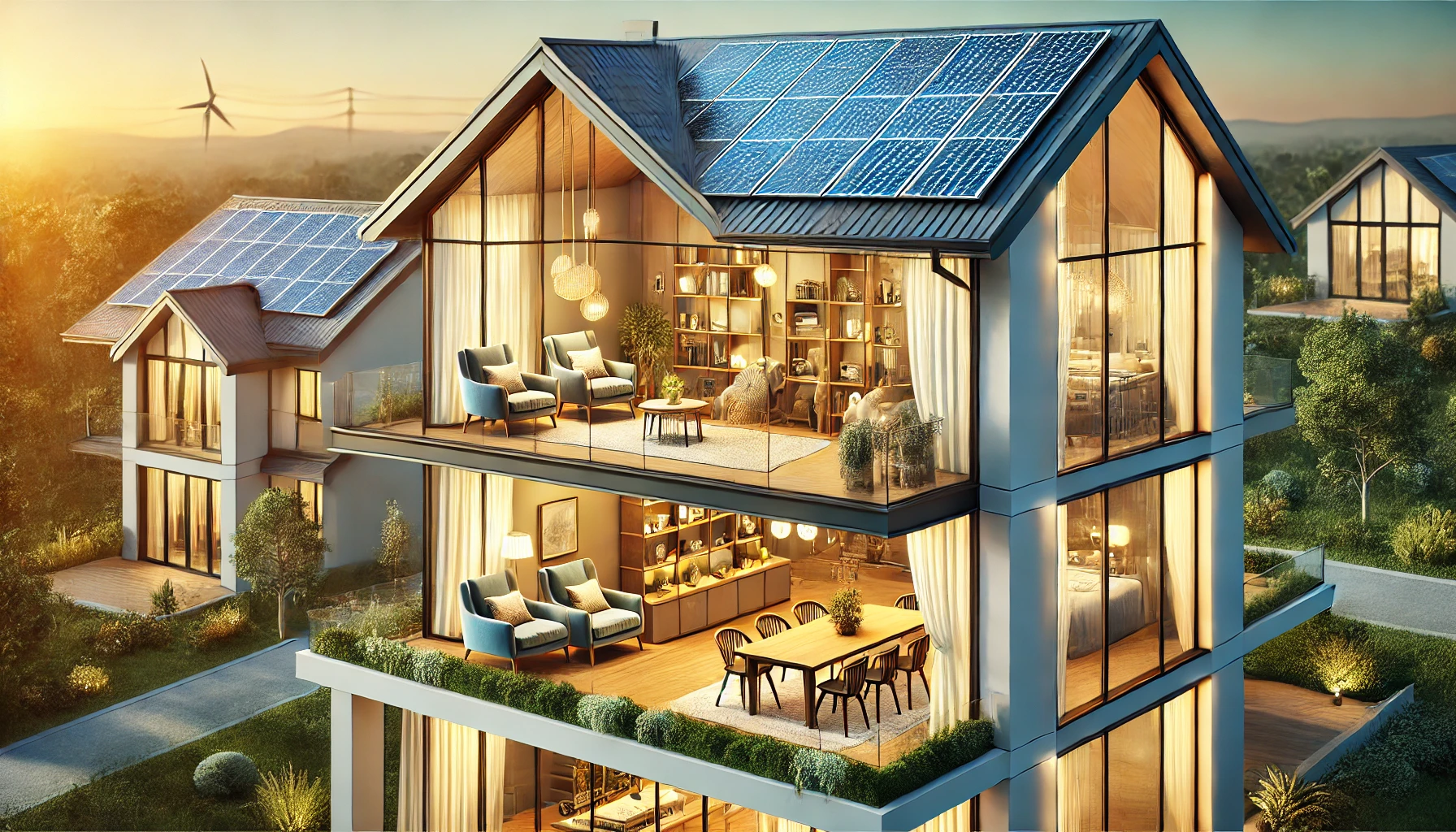Energy efficiency and sustainability through solar panels and infra-panels are gaining more and more attention these days. Modern technology is enabling homes and businesses to access solutions that were previously unimaginable. One of these innovative solutions is the combination of solar panels and infra-panels, which is not only environmentally friendly, but can also lead to significant cost savings in the long term. In particular, the role of the Yandiya infra-panels in this system is worth highlighting.
Solar: the sustainable energy source
Solar panels produce electricity by directly converting solar energy, one of the greenest sources of energy. Once installed, they provide almost free energy, reducing dependence on the electricity grid and energy bills. Technological advances in recent years have made solar panels more efficient and less expensive, making them available to more and more households.
Infrapanels: an efficient and healthy heating solution
Infrared panels, like Yandiya infrared panels, work on the principle of infrared radiation. Infrared radiation heats objects and bodies directly, not the air. This type of heating has many advantages:
- Healthy: Infrared panels do not circulate dust, which is particularly beneficial for people with allergies and asthma.
- Uniform temperature: Infrared radiation makes the temperature distribution more uniform, avoiding cold corners.
- Fast warm-up: Infrared panels heat up the room quickly and efficiently.
Combination of solar panels and Yandiya infrared panels
By combining solar panels and infrared panels, a highly efficient and cost-effective heating system can be created. Below we show how this system works:
- Energy supply: The solar panels generate electricity during the day, which can be used directly to power the Yandiya infra panels. This reduces dependence on the electricity grid and heating costs.
- Overproduction and storage: If the solar panels produce more energy than needed, the energy can be stored in batteries. This energy can be used later, for example at night or during cloudy weather.
- Smart regulation: Infrared panels combined with intelligent control systems automatically adjust the heating based on the current temperature and energy demand, maximising efficiency and comfort.
Cost-effectiveness and environmental impacts
The combination of solar panels and Yandiya infra-panels can result in significant cost savings. The return on initial investment depends on the following factors:
- Energy savings: The free energy produced by solar panels reduces monthly electricity bills.
- Reducing the carbon footprint: Reducing the use of fossil fuels contributes to reducing environmental pressures.
- Long life: Yandiya infrared panels have a long lifetime and require minimal maintenance, further reducing long-term costs.
Subsidies in Hungary
In Hungary, there are various tenders and support schemes to promote energy efficiency and the use of renewable energy sources. There are a number of grants available for the installation and deployment of solar panels, which can significantly reduce the initial investment costs. These grants can help households and businesses to switch more easily to sustainable energy solutions and save money in the long run.




